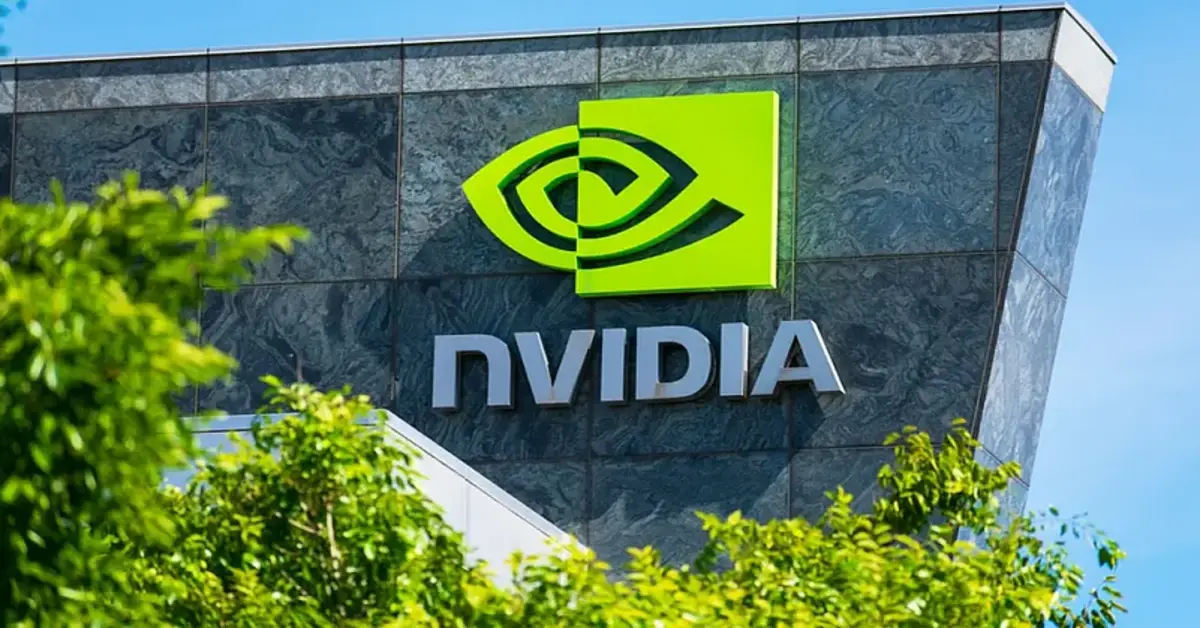Mira Murati, the visionary behind OpenAI’s breakthrough products and now the founder and CEO of Thinking Machines Lab, has once again made headlines in the AI world. After stepping down as CTO of OpenAI in September 2024 to pursue her entrepreneurial path, she launched Thinking Machines Lab in early 2025, a public benefit corporation based in San Francisco dedicated to building next‑generation multimodal AI systems.
Just months after its founding, the startup achieved a monumental milestone: securing a record‑breaking $2 billion seed round, led by Andreessen Horowitz alongside major tech investors including Nvidia, AMD, Cisco, Accel, and Jane Street, valuing the company at around $12 billion. Murati revealed that the first product from Thinking Machines, expected to be released in the coming months, will incorporate a significant open-source component aimed at supporting researchers and startups working on custom AI models.
In another bold move that captured global attention, Murati announced that not a single one of the 50‑member team at Thinking Machines accepted a recruitment offer from Meta, reportedly valued at up to $1 billion per package. Despite Meta’s high‑profile hiring campaign for its Superintelligence Lab, Murati’s team remained committed to their independent vision and equity‑driven path. Meta has disputed some of the reported figures, but the collective decision stood as a testament to team loyalty and alignment with Murati’s mission.
Murati’s journey from CTO at OpenAI where she helped launch pioneering tools such as ChatGPT, DALL‑E, Codex, and Sora, and led OpenAI’s crucial partnership with Microsoft to founding her own venture underscores her leadership in the global AI race. In her public statements, she champions a future where AI systems are robustly aligned with human intention, built through collaborative, responsible, and user‑centric design.
As the industry watches her next moves, Mira Murati is positioning Thinking Machines as a powerful contender in AI innovation. Her eagerness to deliver tools that support open science and promote accessible, customizable AI reflects the ethos she brought to OpenAI and now, in her new venture, hopes to amplify on a global scale. The coming months promise the debut of her team’s first offering, and perhaps, a turning point in how advanced AI interacts with human users.



